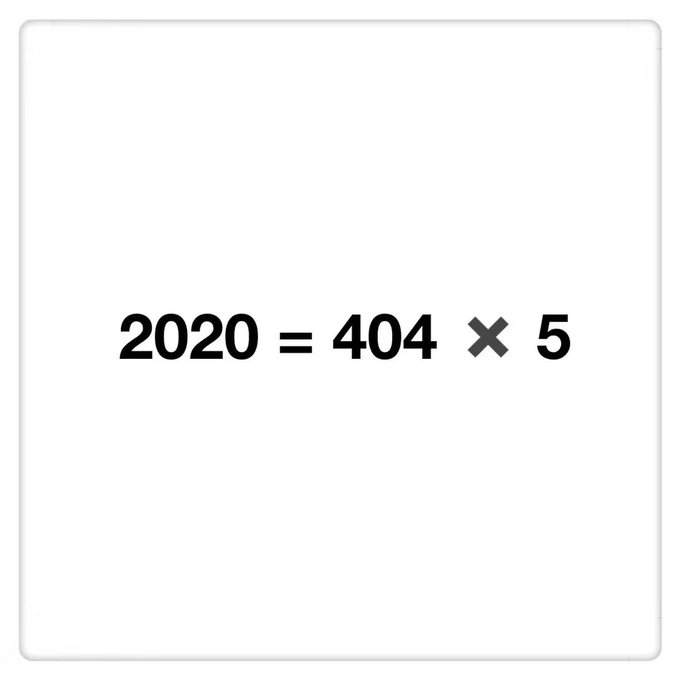China’s Chernobyl? The coronavirus outbreak leads to a loaded metaphor.
Feb. 12, 2020 at 4:00 p.m. GMT+11
But for Chinese President Xi Jinping, the public health emergency is only the tip of the crisis. Before appearing in front of cameras on Monday at a Beijing clinic, Xi had been conspicuously absent, opting instead to let his deputies become the public face of the government response. According to sources cited by Reuters, Xi is panicked by the economic impact of the government’s efforts to contain the virus. China’s growth is already at its slowest in almost three decades; the outbreak has led to myriad factories and businesses temporarily shutting down, China’s real estate market taking a nose-dive and major global supply chains being disrupted.
“The coronavirus outbreak is on track to become the worst humanitarian and economic crisis of Xi’s tenure, but the Chinese president is certainly not likely to resign,” wrote Elizabeth Economy of Stanford University’s Hoover Institution. Still, she noted that, notwithstanding his years of ruthless, top-down, autocratic rule, “the epidemic has brought into sharp relief the extent of Xi’s power.”
Some analysts see the global risks posed by the outbreak, fueled in part by the initial missteps and secrecy of Chinese officials, and invoke a loaded metaphor: the 1986 disaster at the Chernobyl nuclear plant in the Soviet Union. The meltdown of one of the plant’s main reactors triggered an explosion that killed dozens in the immediate aftermath and probably curtailed the lives of tens of thousands of others poisoned by leaked radiation. It exposed the failings of the opaque, autocratic Soviet system, which attempted at first to suppress knowledge of the incident. The disaster accelerated Mikhail Gorbachev’s attempted reforms and is viewed, in hindsight, as a preamble to the collapse of the Soviet Union.
“The shared truths of Chernobyl and coronavirus are clear,” wrote Tom Rogan of the Washington Examiner. “These are two terrible accidents, dramatically worsened by grotesque mismanagement and magnified by avoidable secondary injustices at the highest levels of the state.”
[The outbreak has been more than just #WuhanVirus spread]
1/ By covering up the severity of pandemic with force & fear, #China has turned whole crisis into the Chernobyl disaster of the 21st century. China's still clamping down on #coronavirus coverage as cases surge day by day.
2,869 people are talking about this
In China, some ordinary citizens appear to agree. My colleague Gerry Shih reported last month of a spike in netizens leaving reviews of HBO’s 2019 critically acclaimed miniseries “Chernobyl” on the Chinese equivalent of IMDb. “Many linked the official ineptitude in present-day China and the Soviet Union’s final years and hinted that the Wuhan virus was something of a Chernobyl moment,” wrote Shih. Chinese censors have since swooped in to minimize access to that page.
On the popular messaging app WeChat, a quote from the HBO show’s protagonist, Valery Legasov, made the rounds: “What is the cost of lies? It’s not that we’ll mistake them for the truth,” reads the quote, cited by Quartz. “The real danger is that if we hear enough lies, then we no longer recognize the truth at all.”
The virus-related death last week of Li Wenliang — a whistleblower doctor in Wuhan who local authorities attempted to silence in early January when he tried to draw attention to an alarming cluster of pneumonia-like cases in the city — struck a national nerve and also stoked the Chernobyl references online that have kept Beijing’s censors busy.
“He was an ordinary figure, but a symbol,” Zhang Lifan, an independent historian in Beijing, told Shih. “If it weren’t for the epidemic and nobody could leave their home, there would likely be demonstrations right now. Officials are absolutely concerned.”
My Wechat moments has been all about Li Wenliang and Chernobyl screengrabs, it's an incredible moment.
26 people are talking about this
And so, beyond China’s positive spin of the crisis, there may be a profound existential unease among the leadership in Beijing. “The path the virus takes next could determine whether Li is eventually compared to a more contemporary historic figure — the young Tunisian fruit-seller who immolated himself in protest at the injustice of the regime, sparking the Arab Spring and the downfall of several dynasties across the Middle East,” wrote Jamil Anderlini of the Financial Times in a column that pointed to Xi’s “Chernobyl moment.”
Others are a bit more cautious. “For now, one would be brave to make predictions of sweeping social and political change in China as a result of the coronavirus — similar to that unleashed in the Soviet Union after the Chernobyl disaster in 1986,” wrote Peter Frankopan, a professor of global history at Oxford University. “Much depends on how long it takes for the disease to be contained and what the wider implications might be.”
Frankopan added that “more modest outcomes are rather easier to foresee,” including new public health reforms as well as Beijing’s predictable scapegoating of local officials.
Bloomberg columnist Clara Ferreira Marques disputed the Chernobyl comparisons, arguing that the Soviet Union was in a far more fragile state economically and politically than Xi’s China when confronted by these shocks to the system.
“Chernobyl battered the very essence of the Soviet state, an entire system built on a myth of outsize military and economic might,” wrote Marques. “It also battered the idea that limited openness would suffice. Moscow was forced to admit its problem because of radioactive readings in Sweden — Beijing has at least delivered its own message.”
But even so, it’s a message Xi and his cohort will struggle to control.










No comments:
Post a Comment